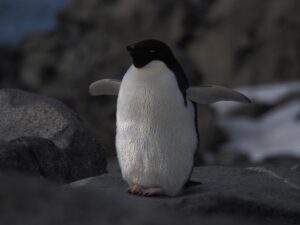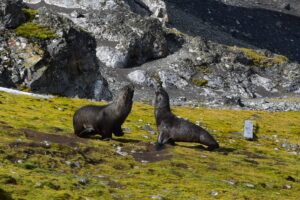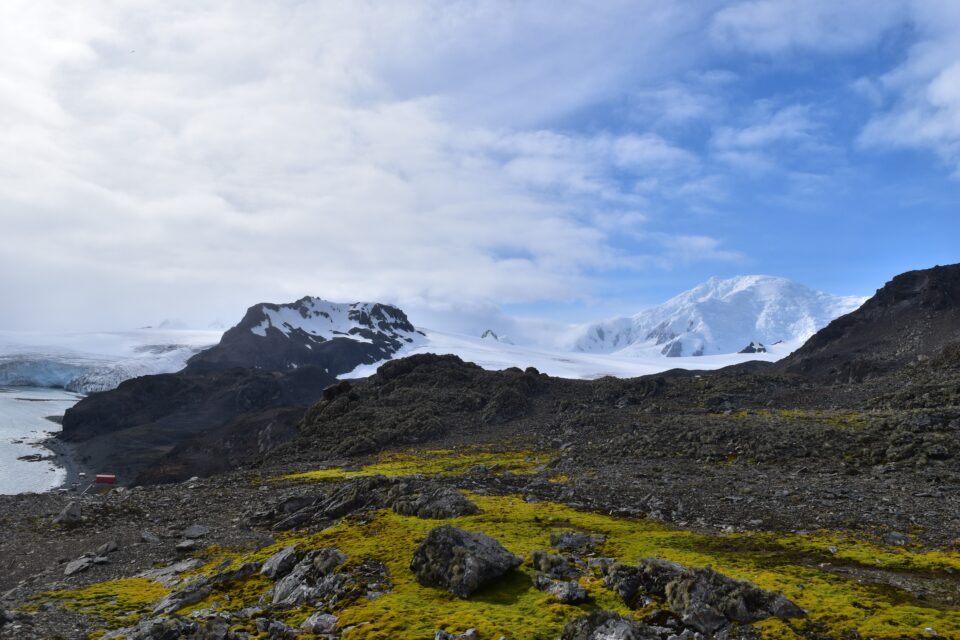What comes to mind when you think of Antarctica? Ice, penguins, and lots of snow. But there is much more to it. Without being impacted by human visitors until very recently, life in the Antarctic evolved to survive the coldest, windiest, darkest, and loneliest conditions on this planet with a surprising diversity. Lichens from these habitats grow less than a millimetre in 25 years but easily survive outer-space exposure or temperatures of -196C. A unique set of bacteria made a home on the warm surfaces near the 3,794 m summit of Mount Erebus, the southernmost active volcano on Earth. Algae growing on freezing snow patches bloom within a couple of weeks and cover up to 10km2 of snow within a melt season. This highly specialised life is at risk, with increased human impact and a rapidly changing climate. We are researching the physiology, adaptations, and distributions of all those diverse lifeforms by using innovative high-end technology, such as drones and non-destructive sensor technology. This allows us to monitor the environment with minimal human footprint and maximal respect for the local ecosystems. Our results are directly fed to the Antarctic environmental protection agencies and are essential to inform climate change-related conservation activities.


